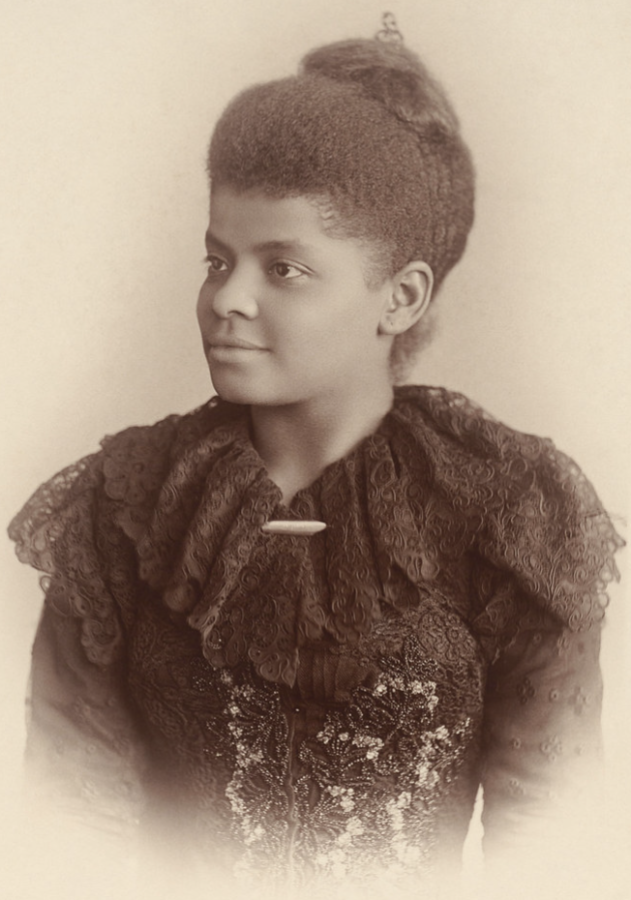Ida Wells Pioneered Investigative Journalism
As a Black woman, Ida Wells became a formidable investigative journalist who advocated for POC rights.
February 28, 2022
Ida B. Wells was a renowned journalist who advocated for political and social reform in post-Civil War America. Wells addressed the horrific act of lynching and became a prominent investigative journalist. As a Black feminist, she would set the stage for people of color and women around the world to make their voices heard.
Wells was born into slavery in 1862 Mississippi before being freed by the Emancipation Proclamation one year later. After her parents passed away when she was just 16 years old, Wells was forced to care for her younger siblings and drop out of school at Shaw University. She moved to Tennessee in the 1880s, where she studied at Fisk University and became part-owner of the publication Free Speech.
At 22 years old, Wells bought a train ticket to her hometown of Holly Springs, Tennessee, where she sat in the ladies’ car. This is when the conductor advised her to move because of her race. Multiple men attempted to forcibly remove her, but in defense, she bit one of their hands. She would later sue the railroad company and win, however, the company won an appeal. This would be a cruel introduction to the world of systemic racism against Black people.
Wells began her revolutionized form of investigative journalism after three local grocery store workers were lynched in Tennessee. This led her to personally investigate rates of lynching and educate the public in print. Wells visited dangerous places where black people had faced major forms of violence such as hanging, drowning, and burning. Spectators of mass lynchings would pass victims’ body parts around as souvenirs. She was forced to arm herself with a pistol as protection against white aggressors. At one point, after exposing a particular lynching, her printing press was burned down. The combination of receiving repeated hate in the form of racism and witnessing the violence of unjust lynchings inspired Wells to advocate for victims with factual data.
A report of racially-motivated killings between 1865 and 1950 suggests that more than 4,400 Black people were killed due to lynchings. The Reconstruction—the period of history after the Civil War when seceded states began reentering the Union—held thousands of lynchings and aggression from popular racist groups such as the Ku Klux Klan.
Historians have struggled for years to figure out just how many Black people were lynched. Because of investigative journalists such as Ida Wells who took the initiative to report statistically accurate information, the public was informed of the true enormity of the lynching epidemic.
During Black History Month, it is important to recognize prominent African American figures in history. An activist, feminist, and one-of-a-kind journalist, Ida B. Wells transformed the practice of investigation and reporting. She was awarded a Pulitzer Prize posthumously in 2020 and was even made into a Barbie doll this year by Mattel to empower young girls.
Image from flickr.com




